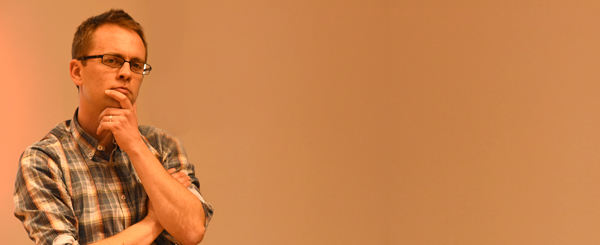ELSIセミナー
What can autopoieitic systems do that allopoietic systems cannot?
- スピーカー
- Matthew Egbert (University of Auckland)
- 日付
- February 17, 2016
- 時間
- 15:30
- 場所
ELSI-1 Building - 102 ELSI Hall

Abstract:
In this seminar, I will argue that self-maintaining systems are uniquely capable of certain, powerful forms of adaptation that may have played a role in boot-strapping the evolution of complex forms of life.
Specifically, I will explain that when systems are inherently unstable, but use processes of self-(re)-construction to counteract their ongoing degradation, it is possible for them to respond to how well they are faring at persisting. In so doing, organisms (and non-biological "proto-life") can evaluate their environment in terms of how it affects their viability, providing them with a number of adaptive and evolutionary benefits.
I will use computational and mathematical models to show how this "viability-based behaviour" allows organisms to (i) respond appropriately to phenomena that neither they nor their ancestors have ever experienced before and (ii) improves their evolvability by causing behaviour to automatically adapt to changes in the requirements for the system's survival, such as those brought about by genetic mutations that modify metabolic dynamics.












